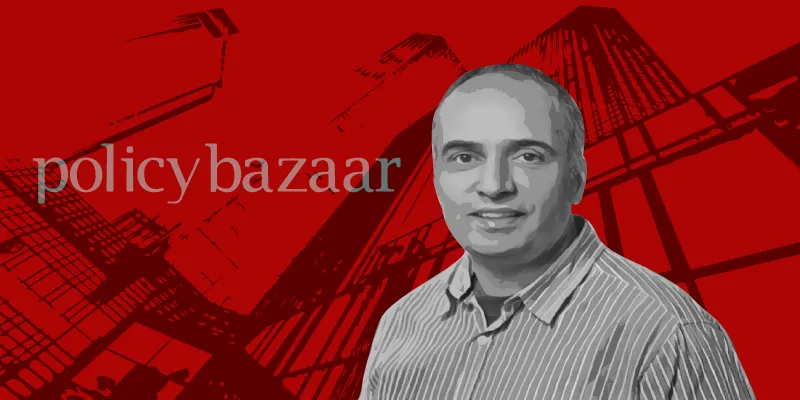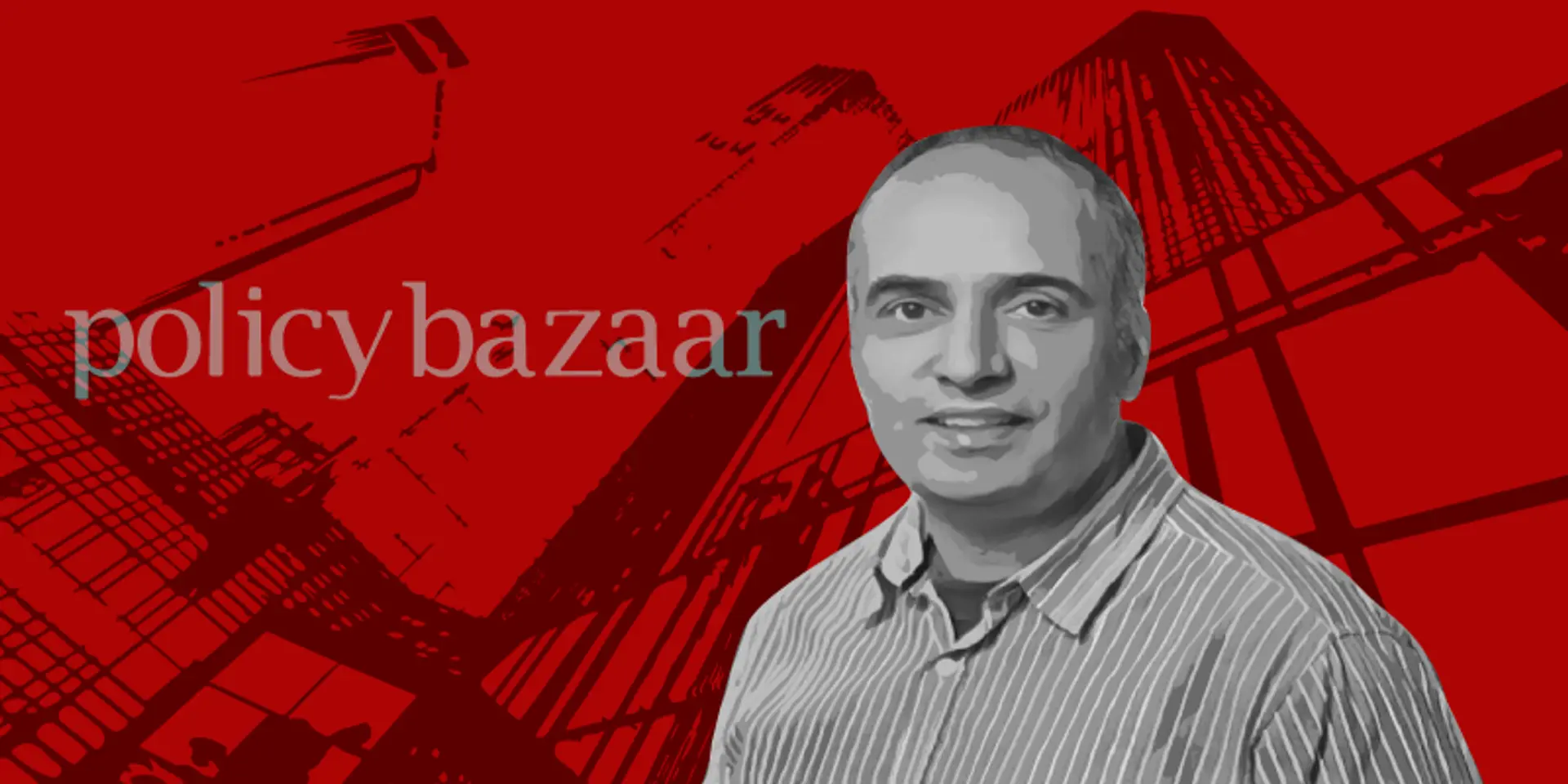Policybazaar plans to raise $150M as buffer capital
Policybazaar.com Group CEO and co-founder Yashish Dahiya says the insurance aggregator will look to consolidate its operations, invest in customer service, and work towards capital efficiency as it looks to swing back into profitability this fiscal.
Insurance aggregator Policybazaar plans to raise $150 million (about Rs 1,100 crore) as buffer capital during the third quarter of the current fiscal.
Although the company doesn't require capital for business expansion, it may raise some funds as a buffer for unforeseen events, Policybazaar.com Group CEO and co-founder Yashish Dahiya said.
"We might raise some capital as a buffer. You never know what will happen in the future. This year COVID happened. What if something else happens in the future? We may raise about $150 million, but that is more for safety than for any plan. It may happen in Q3," he said.

Yashish Dahiya, Co-founder and CEO, PolicyBazaar
Meanwhile, Policybazaar expects to return to profitability this fiscal on the back of surge in demand for insurance products amid the COVID-19 pandemic.
Growth over the last year is between 70 percent and 100 percent, depending on insurance product, he said, adding, "This year we should be profitable. We were profitable in FY18, while FY19 and FY20 we were not quite profitable. So this (growth in business) will help us to become profitable from this year onwards."
He further said the company would look to consolidate its operations, invest in customer service, and work towards capital efficiency as it looks to swing back into profitability this fiscal.
Despite booking a loss, the company's revenue jumped three-fold, while it doubled both market share and valuation at the end of FY20, he said.
During 2020-21, Yashish said the company should log revenue of Rs 1,100 crore and post a marginal profit. On the insurance premium side, he said the current fiscal would close with Rs 6,000 crore as against Rs 4,000 crore in FY20.
As far as the other business, Paisabaazar is concerned, he said there was some stress as demand for loans had come down significantly due to the COVID-19 crisis.
(Edited by Teja Lele Desai)








